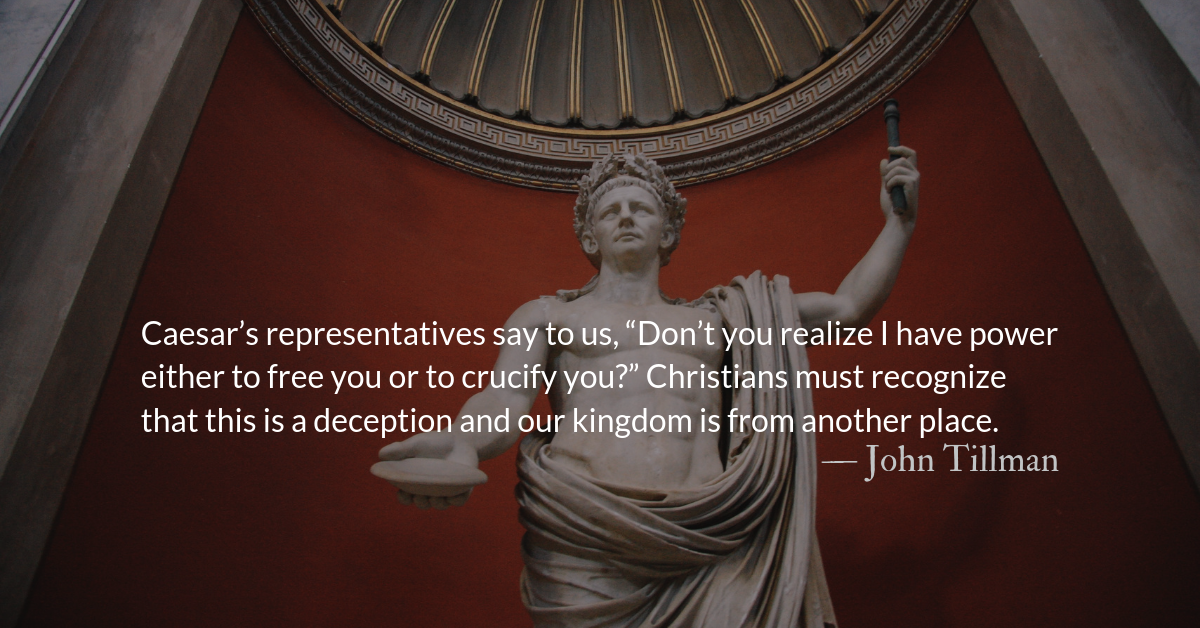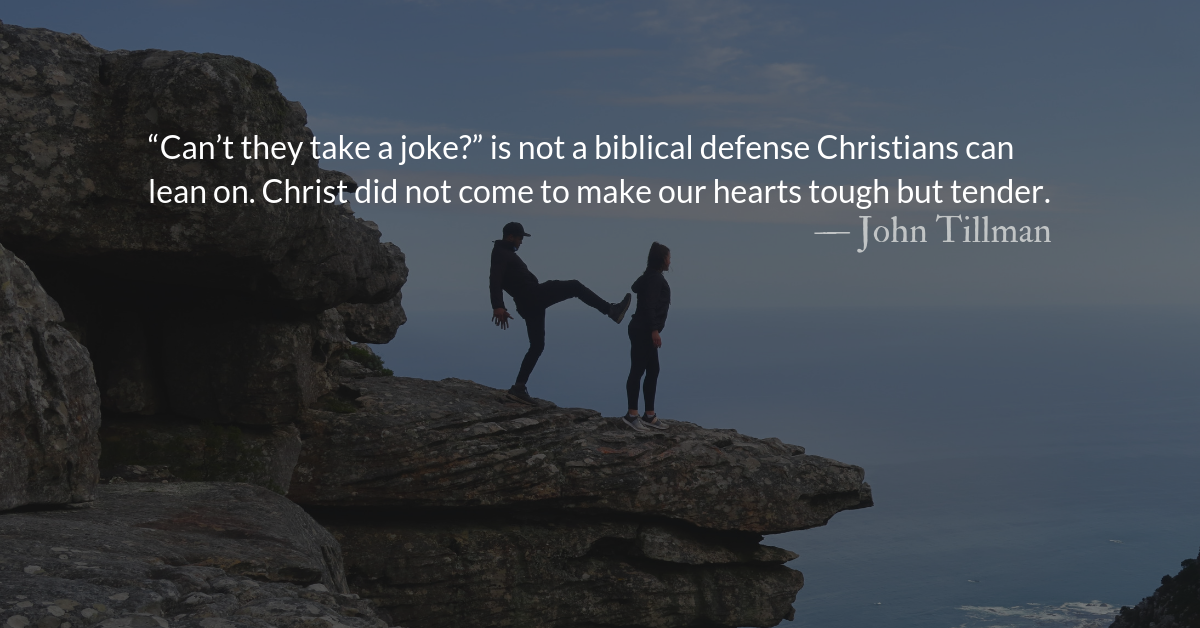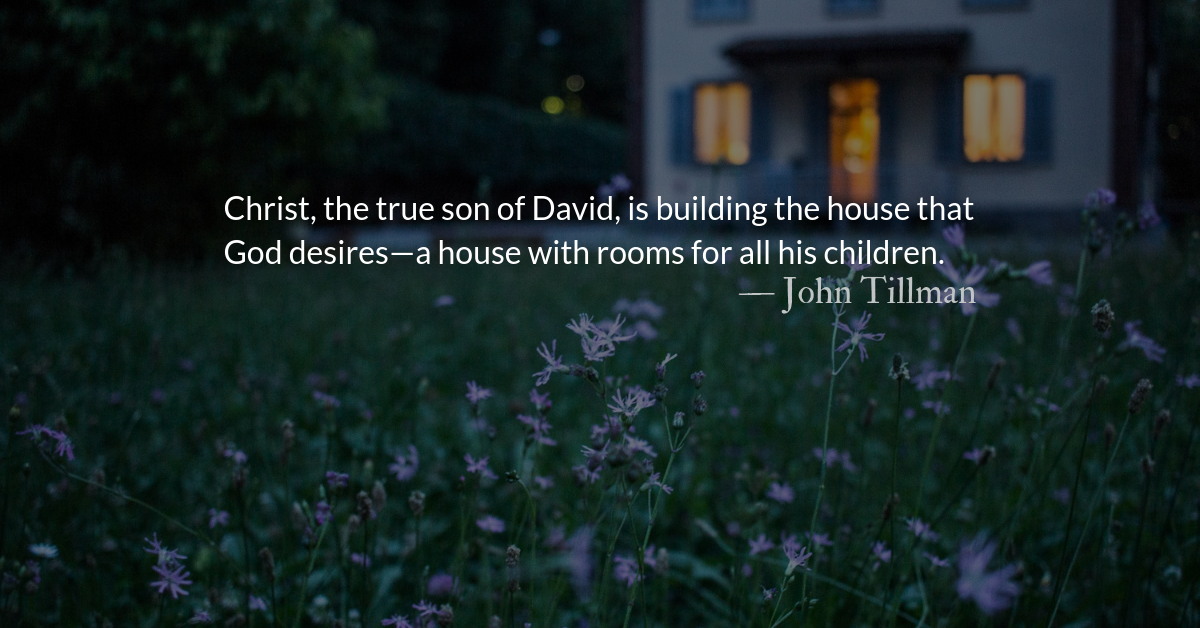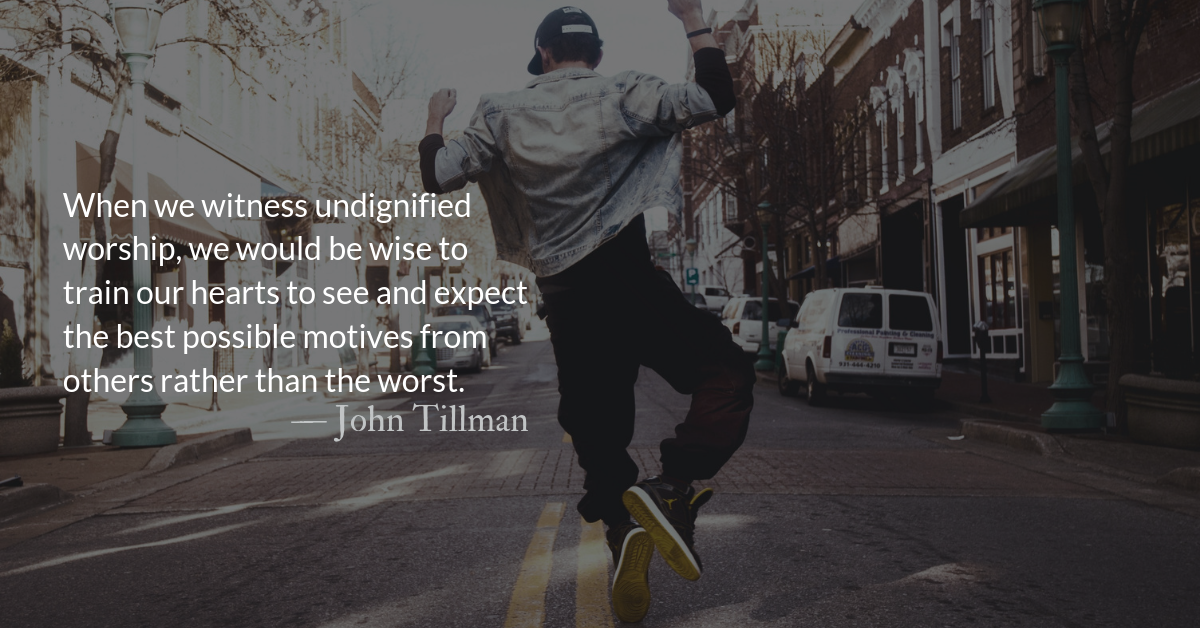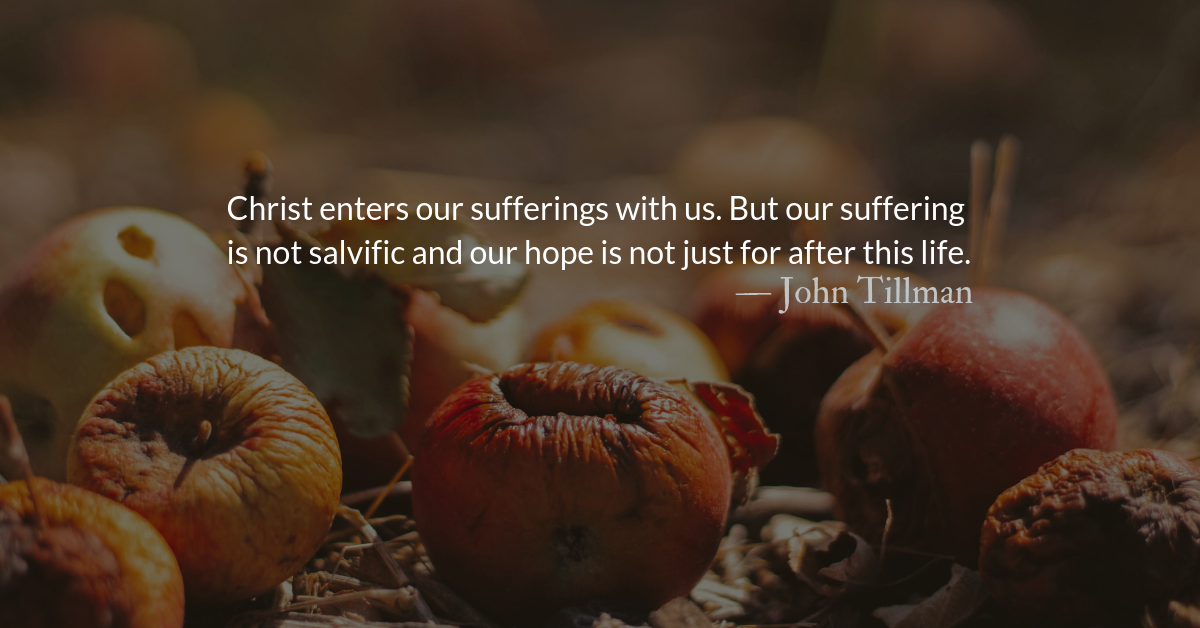Scripture Focus: 2 Corinthians 6.14-16
What do righteousness and wickedness have in common? Or what fellowship can light have with darkness? What harmony is there between Christ and Belial? Or what does a believer have in common with an unbeliever? What agreement is there between the temple of God and idols? For we are the temple of the living God.
Reflection: Be Yoked to Christ, Not Politics
By John Tillman
As American culture becomes less Christian, both of our political parties have become less Christian. It is increasingly difficult to defend being yoked to either the Republican or Democratic party while also being yoked with Christ. What fellowship can light have with darkness?
Christians don’t have to bemoan feeling politically exiled and homeless. Caesar’s representatives say to us, “Don’t you realize I have power either to free you or to crucify you?” Christians must recognize that this is a deception and our kingdom is from another place.
Voting in elections is only one form of political expression. As Christians, an important element of our political expression is how we care for the “polis,” the people. We vote with Christ’s hands and feet as we serve and care for image-bearers of God. What does this look like?
It would be a strikingly Christ-like thing if the powerful, no matter their political affiliation, came to know Christians as people who always seem to be standing in their way, defending the powerless.
When governments try to starve people out, Christians move in to feed them.
When “health care” experts champion abortion as a “solution” to having disabled children, Christians seek to adopt and care for these children.
When governments put children in cages and separate them from their parents, Christians work to reunite them and to provide for their needs.
When disasters strike, natural or otherwise, Christians are the first ones in to help and the last to leave.
When others respond with fear and hatred towards immigrants and strangers, Christians welcome and serve them.
These actions (which are real and occurring today) are true acts of worship and enact the gospel in front of a watching world.
Christians who care about the whole Bible must care about the whole of humanity. Every image-bearer of God, not just the white ones and not just the brown ones, and not just the unborn ones, and not just the immigrant ones should find in Christ’s church a compassionate helper. If we neglect or threaten one of these groups, then we are neglecting and abandoning part of the Bible’s teaching.
May no party or human leader be permitted to yoke us or Christ’s church to their cause.
May the only yoke we take on, be the yoke of Christ, in service to others.
May politicians know us by the people we help, not by the people we hate.
Divine Hours Prayer: The Morning Psalm
Sing to God, sing praises to his Name; exalt him who rides upon the heavens; Yahweh is his Name, rejoice before him!
Father of orphans, defender of widows, God in his holy habitation! — Psalm 68.4-5
– From The Divine Hours: Prayers for Summertime by Phyllis Tickle.
Today’s Readings
2 Samuel 13 (Listen – 6:39)
2 Corinthians 6 (Listen – 2:31)
Thank You!
Thank you to our donors who support our readers by making it possible to continue The Park Forum devotionals. This year, The Park Forum audiences opened 200,000 free, and ad-free, devotional content. Follow this link to join our donors with a one-time or a monthly gift.
Read more about Resisting Herods
Herods offer influence with Rome. These men are masters at “influence.” But neither Jesus nor Paul exploited it.
Read more about Balaams and Balaks :: Readers’ Choice
Modern Balaams do their best to put words in God’s mouth that are pleasing to the powerful.

